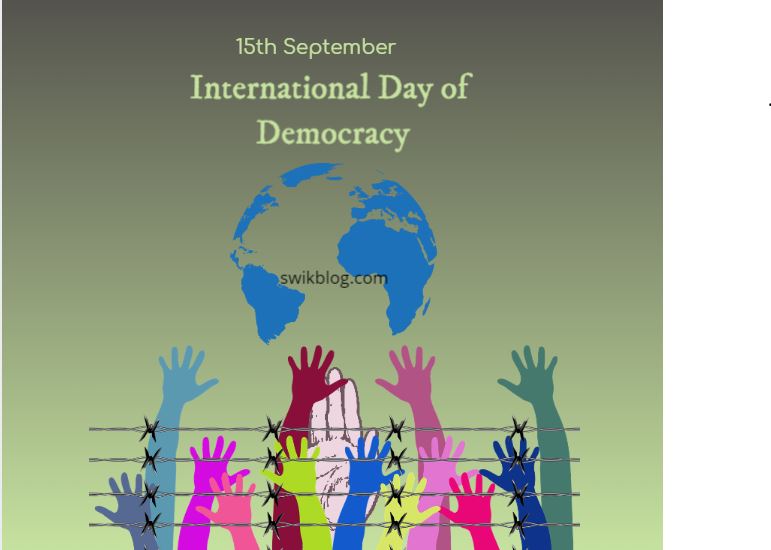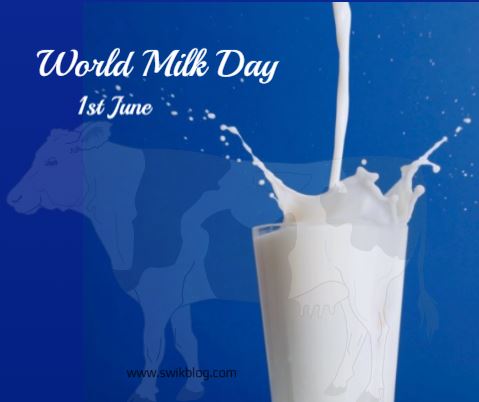On every 15th of September the International Day of Democracy is celebrated. It was formed in 2007 through a resolution adopted by the UN General Assembly for encouraging governments to improve and consolidate democracy.
International Democracy Day offers a platform to study the world’s state of democracy. Democracy is a mechanism as much as an objective, and the concept of democracy can only be made a reality to everyone and all, with complete involvement and encouragement from the international community, the national governments, civil society and individuals.
The principles of freedom, respect for human rights and the principle of frequent and fair universal suffrage elections are fundamental to democracy. Democracy in turn provides the natural framework for the defence of human rights and their successful implementation. These principles are expressed in the Universal Declaration of Human Rights and further established in the Civil and Political Rights International Agreement, which enshrines various civil and political rights that underpin meaningful democracies. Article 21(3) of the Universal Declaration of Human Rights captures the link between democracy and human rights.
Theme of International Day of Democracy 2022
This year, the international day of Democracy 2022 will focus on the importance of media freedom to democracy, peace, and delivering on the Sustainable Development Goals.
Globally, the ongoing COVID-19 crisis has brought significant social, political , and legal challenges. As countries around the world implement immediate steps in response to the crisis, the protection of the rule of law, upholding and maintaining international rights and universal legal principles and the right to access justice, solutions and due process are important.
UN Secretary-General António Guterres urged governments to be transparent, fully accountable in their response to COVID-19 and to ensure the lawful, proportionate, necessary and non-discriminatory emergency measures are fulfilled. “The best response to these dangers while protecting human rights and the rule of law is to respond appropriately,” he added. He said.
The crisis poses the issue of how best to address negative discourse while preserving freedom of expression. Widespread attempts at removing misinformation or disinformation may lead to deliberate or accidental censorship that undermines confidence. Precise, reliable, and evidence-based knowledge from sources of confidence is the most successful response.
Civil society organizations around the world have responded to the UN appeal to tackle and counteract various ways of reducing democracy and authoritarianism in the Covid 19 situation, through the following:
- Developing media literacy and digital security that is crucial as online activism is pushed to meet the possibility of repression, intervention and closure of municipal space
- Combating misinformation, hate speech and disinformation that has spread to a crisis.
- Train journalists remotely to report with a thorough, factually verified coverage on the impact of this epidemic while remaining safe at the front
- Empowern women in the context of COVID-19 lockdowns, quarantine and social and financial constraints against gender-based violence.
- Highlight the issues of inequality and poor service delivery exacerbated by the crisis, focusing in particular on women, youth, minorities and other vulnerable populations’ demands and rights, in order to help hold governments accountable.
On 8 November 2007, the UN General Assembly voted to make September 15 the annual date for observing the International Day of Democracy. The meeting invited both government and non-governmental citizens and organizations to celebrate the International Day of Democracy. It also called on all governments to reinforce their national programmers to support and improve democracy. The assembly invited regional and other intergovernmental organizations to exchange experience in democracy promotion. In 2008, the first International Day of Democracy was celebrated.
Swikriti Dandotia












